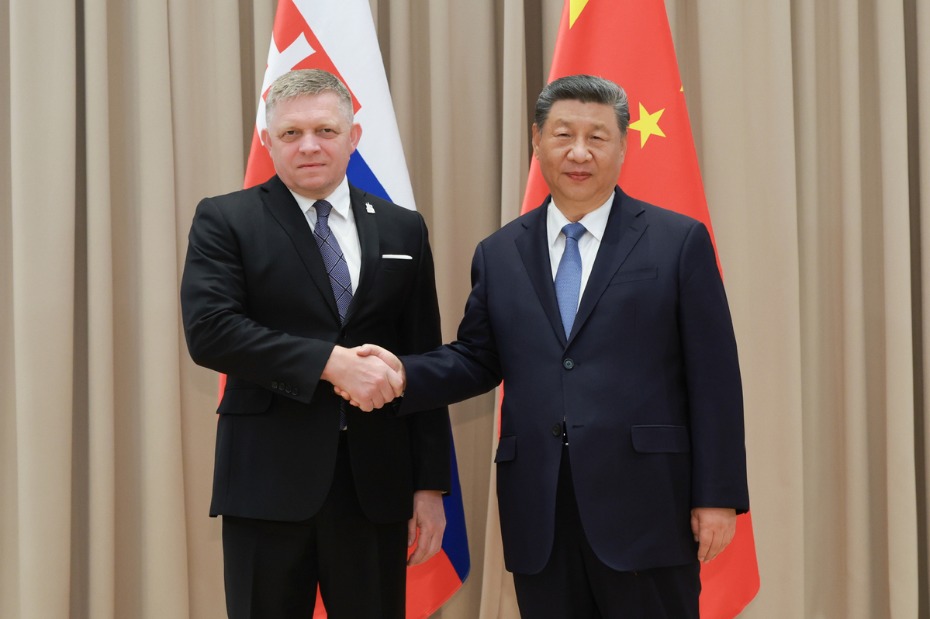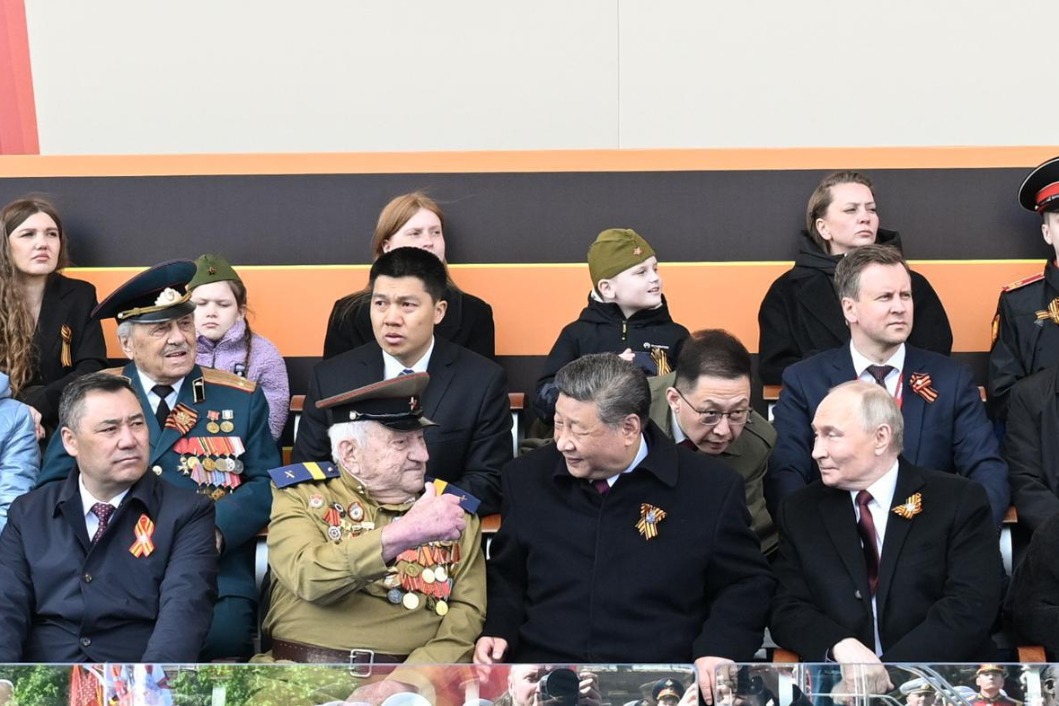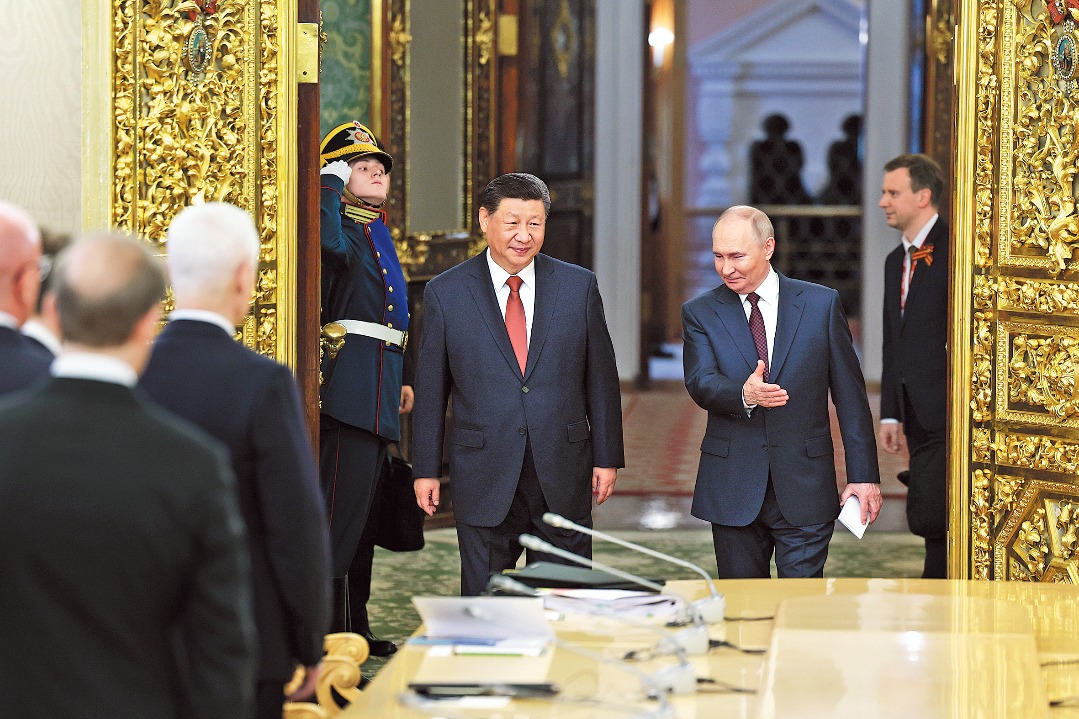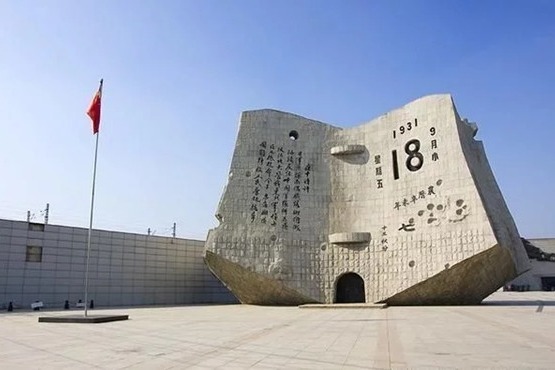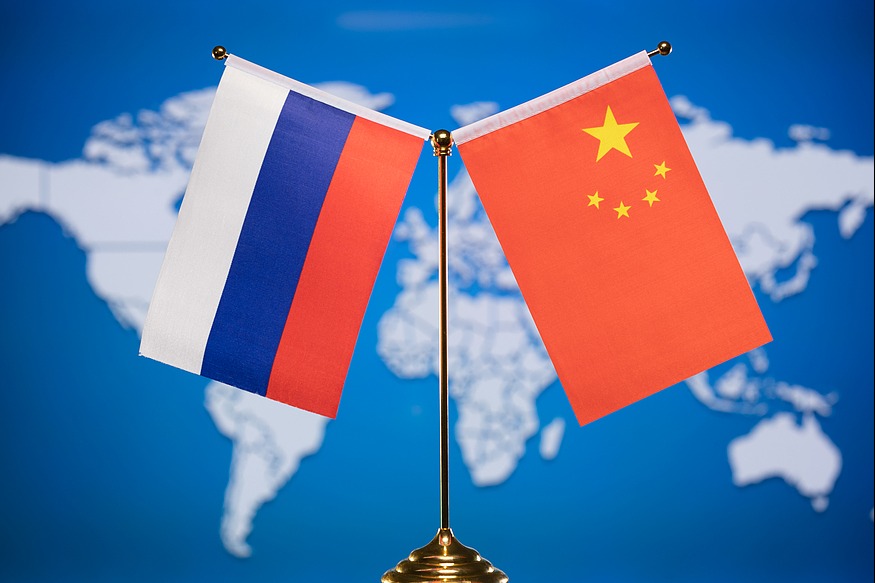The future of cooperation

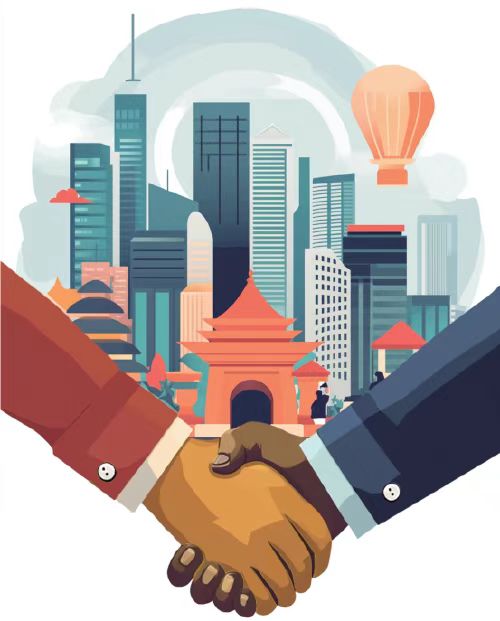
Indonesia may face amplified challenges from the new US government, but it can take them as an opportunity to deepen ties with China and expand South-South partnerships
Donald Trump's return to the White House as the 47th president of the United States introduces significant uncertainties to the global economic landscape. His "America First" doctrine, characterized by aggressive inward-looking policies, could disrupt international trade, elevate inflation and constrain global monetary policies. For Indonesia, these shifts present both challenges and opportunities in navigating bilateral ties with China and broader South-South cooperation amid escalating major-power competition.
Amid the challenges posed by Trump's new administration, Indonesia sees opportunities to deepen its economic and strategic ties with China. This cooperation can serve as a counterbalance to US protectionism and contribute to Indonesia's long-term development goals.
One avenue for strengthening this relationship lies in infrastructure development through the Belt and Road Initiative. China's Belt and Road projects in Indonesia, such as the Jakarta-Bandung High-Speed Railway and the Morowali Industrial Park, exemplify the potential for high-impact investments. These projects enhance connectivity across Indonesia, create jobs and stimulate local economies, providing a buffer against external economic pressures. By leveraging such initiatives, Indonesia can drive infrastructure modernization and foster regional growth.
Trade and investment between Indonesia and China have also seen significant growth. As of 2023, the bilateral trade volume reached $139.26 billion. This substantial increase underscores the robust economic ties and mutual strategic interests. Furthermore, Chinese investment in Indonesia is noteworthy, with many Chinese companies operating across various sectors, including manufacturing, agriculture and minerals. In 2023, China's total investment in Indonesia exceeded $7 billion, making it one of the top foreign investors in the country.
In addition to trade and investment, technological collaboration presents another area of opportunity. China's advancements in fields such as 5G, artificial intelligence and e-commerce provide Indonesia with the means to accelerate its digital transformation. Collaborative efforts in digital infrastructure development, R&D centers and capacity-building initiatives can enhance local innovation, improve competitiveness and position Indonesia as a leader in the region's digital economy.
Beyond its bilateral ties with China, Indonesia can leverage South-South cooperation to diversify its economic partnerships and reduce its dependency on major powers. Regional integration through the Regional Comprehensive Economic Partnership offers Indonesia a platform for strengthening trade and investment ties with the Association of Southeast Asian Nations, China, Japan, the Republic of Korea and other key partners. As Southeast Asia's largest economy, Indonesia is well-positioned to benefit from streamlined tariffs and enhanced regional supply chain integration.
Collaboration with other emerging economies, such as India, Brazil and South Africa, also presents valuable opportunities. These partnerships enable trade expansion, technology sharing and collective action in global governance reforms. Initiatives such as the BRICS+ framework can further enhance Indonesia's economic and geopolitical influence, ensuring its voice is heard on the international stage.
Issue-based cooperation within the South-South framework adds another layer of opportunity. In addressing climate change, joint efforts with China and other emerging economies in renewable energy, sustainable finance and forest conservation can support Indonesia's green growth agenda. Similarly, Indonesia can build on its successful vaccine partnerships to spearhead South-South collaborations in enhancing health security across the Global South. In the realm of food security, agricultural technology transfers and knowledge sharing can bolster resilience against climate impacts and improve food production.
Indonesia's leadership role within ASEAN also provides a platform for advancing regional stability and inclusive growth. Strengthening ASEAN-led mechanisms such as the East Asia Summit and ASEAN Regional Forum ensures major powers engage constructively with the region. By promoting rules-based cooperation, Indonesia can uphold ASEAN's centrality, preventing the region from becoming a theater for major-power rivalry.
Balancing major-power competition is another critical aspect of Indonesia's strategy. Its "independent and active" foreign policy allows it to maintain strategic autonomy while fostering productive relationships with both the US and China. Additionally, enhancing ties with developed economies such as Japan, the ROK and the European Union further diversifies Indonesia's diplomatic and economic options, strengthening its position in an increasingly multipolar world.
Through these efforts, Indonesia can not only navigate the challenges of heightened major-power competition but also position itself as a resilient and influential player on the global stage. By leveraging opportunities in infrastructure, trade, technology and regional cooperation, Indonesia has the potential to achieve sustainable growth and stability while reinforcing its strategic importance in the "Indo-Pacific" region.
The Trump administration's "America First" policies could amplify global economic challenges, especially for emerging markets such as Indonesia. Nonetheless, these hurdles also provide opportunities for Indonesia to enhance its economic resilience, solidify ties with China and expand South-South partnerships. By leveraging regional mechanisms such as the RCEP, promoting technological cooperation, and upholding ASEAN centrality, Indonesia can adeptly navigate the shifting geopolitical landscape while fostering sustainable growth and stability.
Amid intensified major-power competition, Indonesia's capacity to maintain balanced relationships, diversify its economic partners and reinforce domestic capabilities will be vital for shaping its future. Strategic foresight, proactive diplomacy and inclusive development are key pillars that can position Indonesia as a robust and influential global player.
The author is an assistant professor at the Faculty of Economics and Business at the Indonesian International Islamic University and a member of the advisory board at the Reform Initiatives, Indonesia. The author contributed this article to China Watch, a think tank powered by China Daily. The views do not necessarily reflect those of China Daily.
Contact the editor at editor@chinawatch.cn.
















